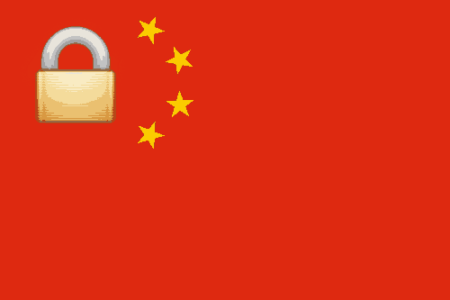Welcome to the second issue of the China Censorship Update. I will attempt to post on news and changes in China’s Internet ecosystem. I’m trying out a new format, so please bear with me on these changes. As such, I only have a few quick updates as the Western media still seems to be focused on the fallout from the Oxford University Press censorship press scandal from a few weeks ago:
Date Finally Set for 18th Party Congress
NPR – China Has Set Oct. 18 For Its Communist Party Congress. Here’s What To Expect
In order to understand to understand why sites and VPN services get blocked in China, it’s best to understand their political origins. The quinquennial event to elect new leadership for the Chinese Communist Party often has officials on edge. Crackdowns on corruption and VPNs, tightening of media and content controls, arbitrary police action and a general projection of authority are par for course during this change in power. These tense times usually see crackdowns that can lead to long-term changes in censorship (which will likely be the case for VPNs) or temporary measures until the Party Congress has completed. Worth a read.
China’s Real Name Registration Finally a Real Thing
Tech Crunch – China doubles down on real-name registration laws, forbidding anonymous online posts
For years the Chinese government has required real name identification for social media platforms like Sina Weibo. These larger platforms have the ability to implement content management protocols due to their size and reach. However, real-name IDs weren’t often required for message boards and smaller websites despite the laws technically being on the books. Now, however, all online comments must use real-name registration. These new rules also make it clear that the burden of verifying and managing the identities and content on websites is the responsibility of site owners. If you manage a large website with comments or discussion you must police all comments (which can be a large undertaking). Larger social media sites will likely have to increase their staffing to accommodate these new changes.
Chinese Government Likely Wants More Party Members in Tech Companies
Global Times – Internet companies inclined to put Party members in key positions: report
It’s not uncommon for schools and companies in China to have a Communist Party attache on campus or in the building. They ensure the school or business is living up to China’s “socialism with Chinese characteristics.” You may see these at companies that are partially or wholly state-owned enterprises (SOEs). However, the Communist government is attempting to increase its influence in China’s large tech companies by putting more party members in important roles in the economies growing tech sector. Likely, these party members will serve as a filter of Communist Party thought and could likely influence content management enforcement.



